Understanding Embodiment In A Disconnected World

Summary: In June’s HealingT1D book club, we explored Hillary McBride’s ‘The Wisdom of Your Body’. This profound read delves into the body’s role in healing, the impact of trauma, and the importance of movement. McBride’s insights encourage a deeper connection with our bodies and thoughtful emotional processing.
Today, I want to share insights from the first book featured in HealingT1D’s book club: The Wisdom of Your Body by Hillary McBride. It was an enlightening read, and I hope to convey some of its key messages to those who couldn’t attend. While I’ll highlight some edited points from the book, I highly recommend reading it yourself. McBride’s profound advice is likely to resonate differently with each of us, as healing is a deeply personal journey.
The Wisdom of Your Body is both bold and poetic, exploring the sacred nature of our bodies in today’s world. McBride guides us through understanding our bodies from a personal perspective, emphasising the importance of our relationship with ourselves. The book delves into themes such as trauma, healing, bodily sensations, pain, sexuality, and spirituality, making it a comprehensive exploration of embodiment.
This book prompted significant reflection for me, especially with the self-reflection exercises at the end of each chapter. Although I’ll touch on a few themes below, the book is rich with insights that you’ll likely find intriguing if you decide to read it!
Embodiment And What It Means To Be ‘Embodied’
McBride opens her book by underscoring how much our bodies contribute to our lives. She mentions that our bodies facilitate “human thriving, connection to ourselves and others, and the fullness of pleasure, wisdom, empathy and justice,” among other experiences (p. 2). She argues that “being fully connected to the body is about being fully alive” (p. 6).
However, embodiment isn’t easy for everyone. Those who have experienced trauma or illness may find their bodies feel disconnected from their true selves. For individuals with diabetes, the challenge is even greater. They live in their bodies yet must frequently measure and medicate it, creating a complicated relationship.
Personally, I’ve struggled with feeling that my body is somewhat separate from me, often perceiving it as a liability. McBride suggests that the body inherently knows how to live in a connected and present way. She encourages dialoguing with our bodies to uncover what they are trying to communicate. This idea intrigues me, though I’m still unsure what this dialogue should look like. Should I journal my body’s responses, or simply listen and interpret?
The Traumatised Body
In The Wisdom of Your Body, McBride explores how trauma affects bodily function. She provides a helpful diagram of the stress response, which consists of four stages: safety, social engagement, mobilization, and shutdown. When stressed, we first seek social support. If that fails, we move into the fight-flight-freeze response. If that doesn’t work, the body shuts down.
The hierarchy of trauma – the fight-flight-freeze continuum – is not new to me. What was new, or what caused me to think more deeply, was the idea of social engagement existing as a stage prior to mobilization. McBride stated “If social connection won’t help me, or if it could put me at greater risk, another branch of my vagus nerve is activated, along with my hypothalamus, pituitary gland, and adrenal gland.” This suggests that, with a high enough level of threat or stress, social connection becomes irrelevant and the body’s physiology decreases that level of functioning in favour of mobilization. If that is the case, then asking someone to be social or create a social connections when existing in a mobilization response (what I suspect diabetes is) may be futile, or even harmful.
This notion aligns with Dr. Kelly Turner’s emphasis on social support for healing, but it also suggests that during high stress, focusing on re-regulating the nervous system might be more beneficial before pursuing social interactions.
The Shutdown Response And Depression
If mobilization fails to address stress, the shutdown response takes over. In modern life, this often manifests as feeling drained or wanting to isolate. McBride connects this response to depression, which is two to three times more prevalent among people with Type 1 Diabetes (Gendelman et al., 2009).
The Mobilization Stage and Movement
McBride highlights that when stress peaks at the mobilization stage, movement can help return us to a safer state. Movement dissipates nervous system energy, preventing further stress escalation and supporting overall well-being. McBride emphasizes that movement, rather than exercise, is crucial for physical, mental, emotional, and relational health (p. 239). Gentle, enjoyable movement is preferred over more punishing exercise routines (p. 241).
These ideas on movement drew together my thoughts from other areas. For instance, in her book “Radical Hope”, Dr Kelly Turner identified exercise as another healing factor. Similarly, Daniel Darkes used running on a regular, perhaps daily, basis as a form of movement or exercise when he healed from Type 1 Diabetes. On a day-to-day level, John Pemberton uses exercise as a key factor in optimally controlling his Type 1 Diabetes. Lastly, I have also discussed the benefits of rebounding (a form of jumping) for health. Perhaps I should add trauma processing to its list of benefits!
Feelings
McBride dedicates a chapter to “Feeling Feelings,” offering guidance on processing emotions. She identifies seven primary emotions—anger, excitement, sadness, disgust, joy, fear, and sexual excitement—and suggests that each has its own circuitry and function. This concept reminded me of Candace Pert’s work on neuropeptides and their association with emotions. Could insulin, for instance, be linked to anger?
McBride’s advice on understanding and processing emotions is invaluable. She provides strategies for developing a grounding toolkit and recognizing bodily responses to emotions, which I highly recommend exploring.
Thoughts And Language
McBride discusses the connection between thoughts and bodily experiences, coining the term “bodymind” to describe this integrated system. Our language affects our physiology, which made me reconsider terms like “diabetic.” If our language shapes our body’s state, could referring to ourselves as “people with diabetes” foster a healthier self-perception?
As McBride suggests, we should focus on nurturing our identity beyond diabetes. By living fully and embracing our broader selves, we allow new ways of thinking and being to emerge.

GET HEALINGT1D’S FUTURE ARTICLES IN YOUR INBOX!
Get the latest musings and findings straight to your email inbox.
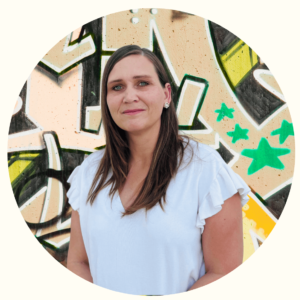
Natalie is a blogger with Type 1 Diabetes. Natalie’s special gifts are questioning the status quo and being a rebel. She is using these gifts to question medical ‘knowledge’ and find a true cure for Type 1 Diabetes.
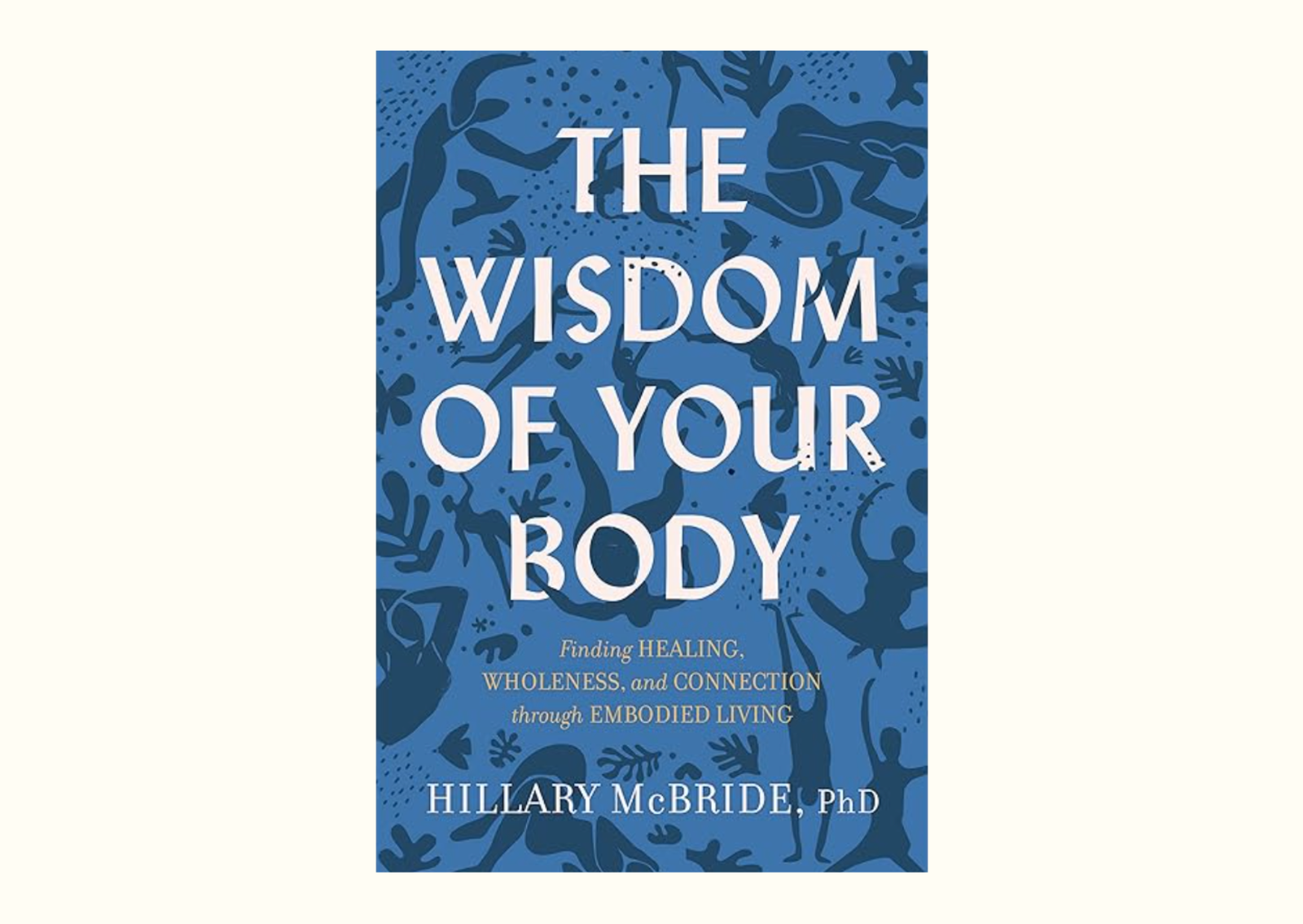
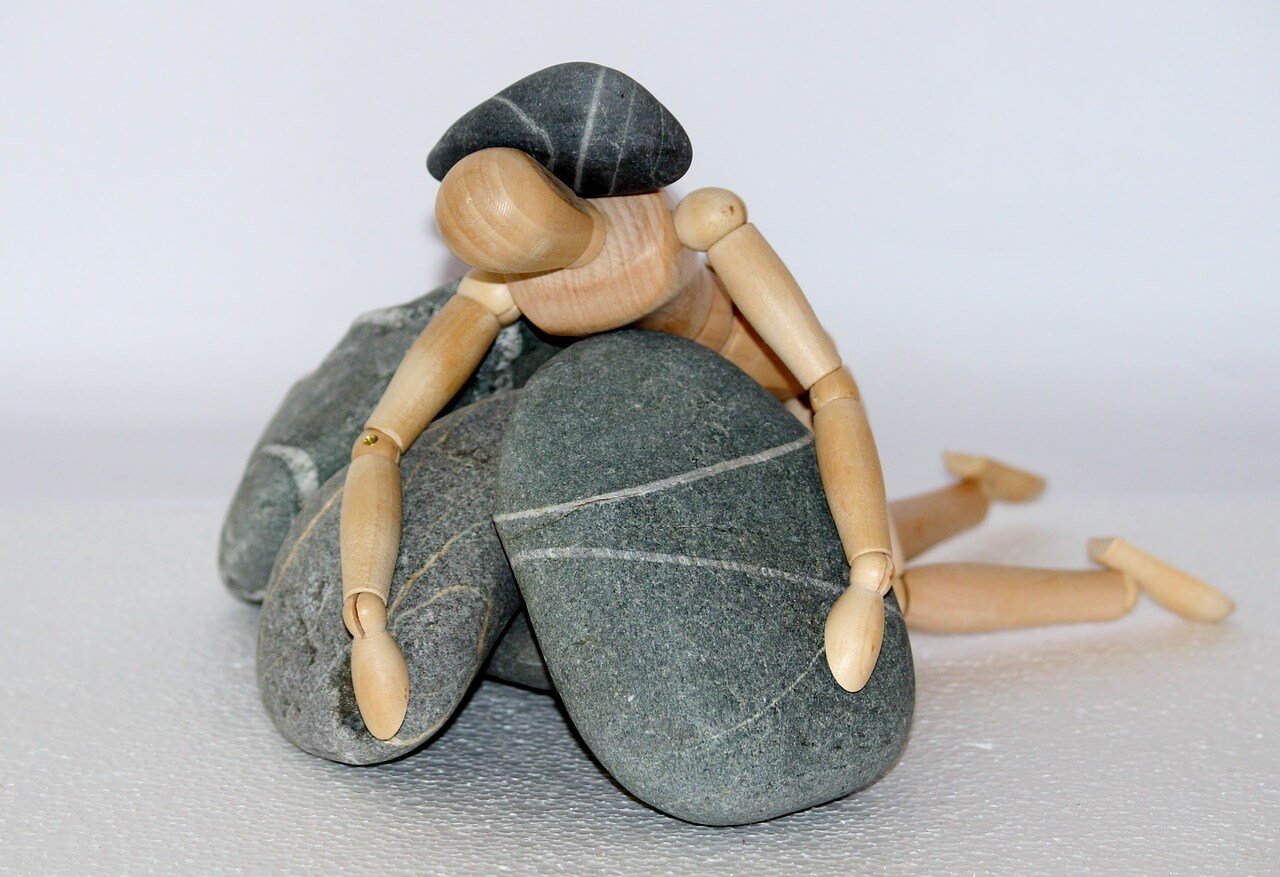



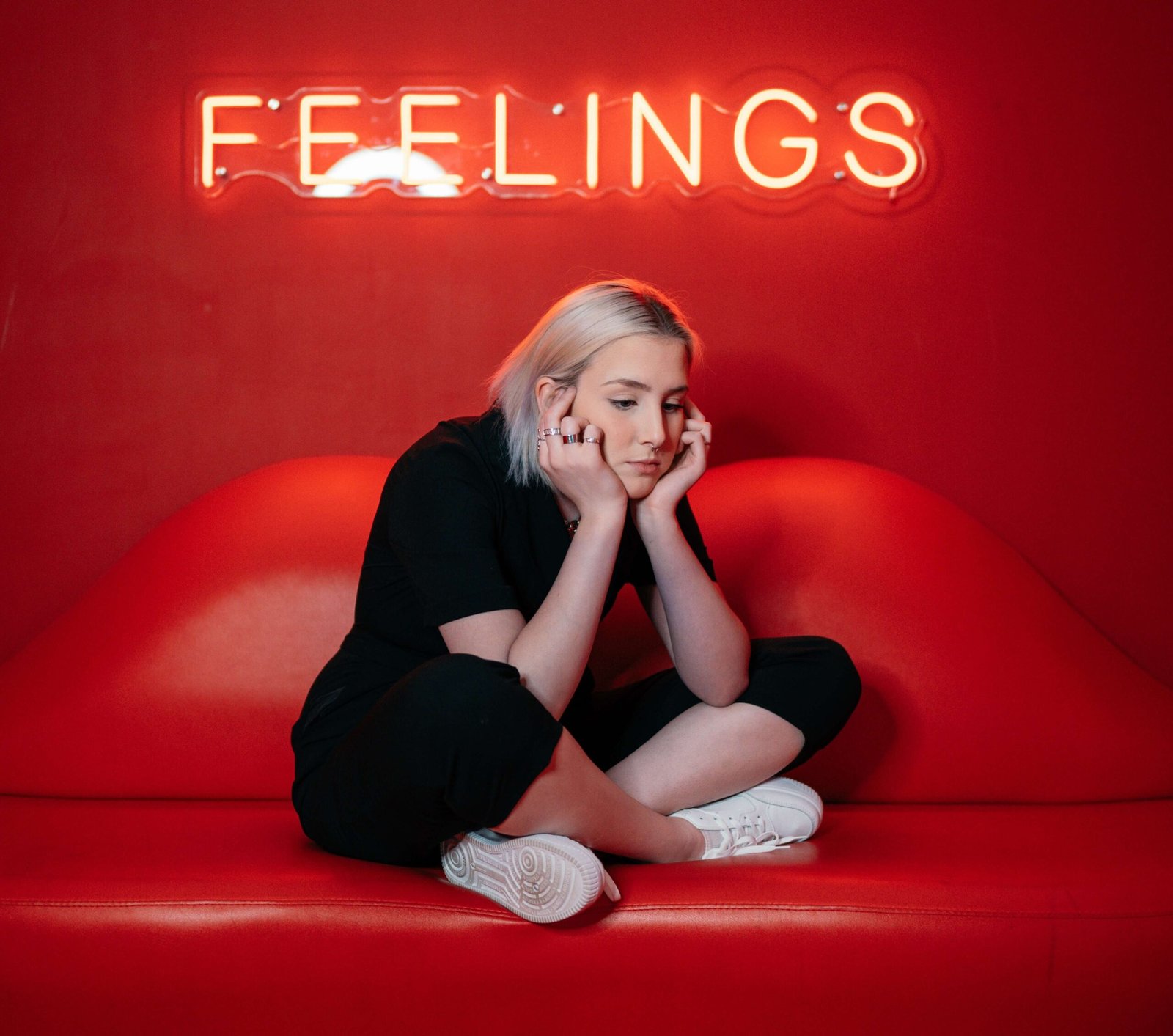
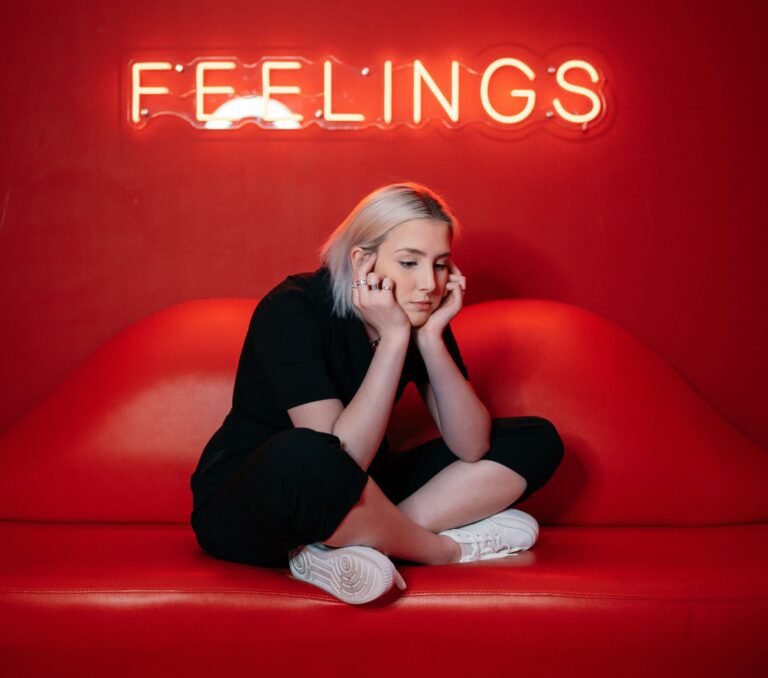
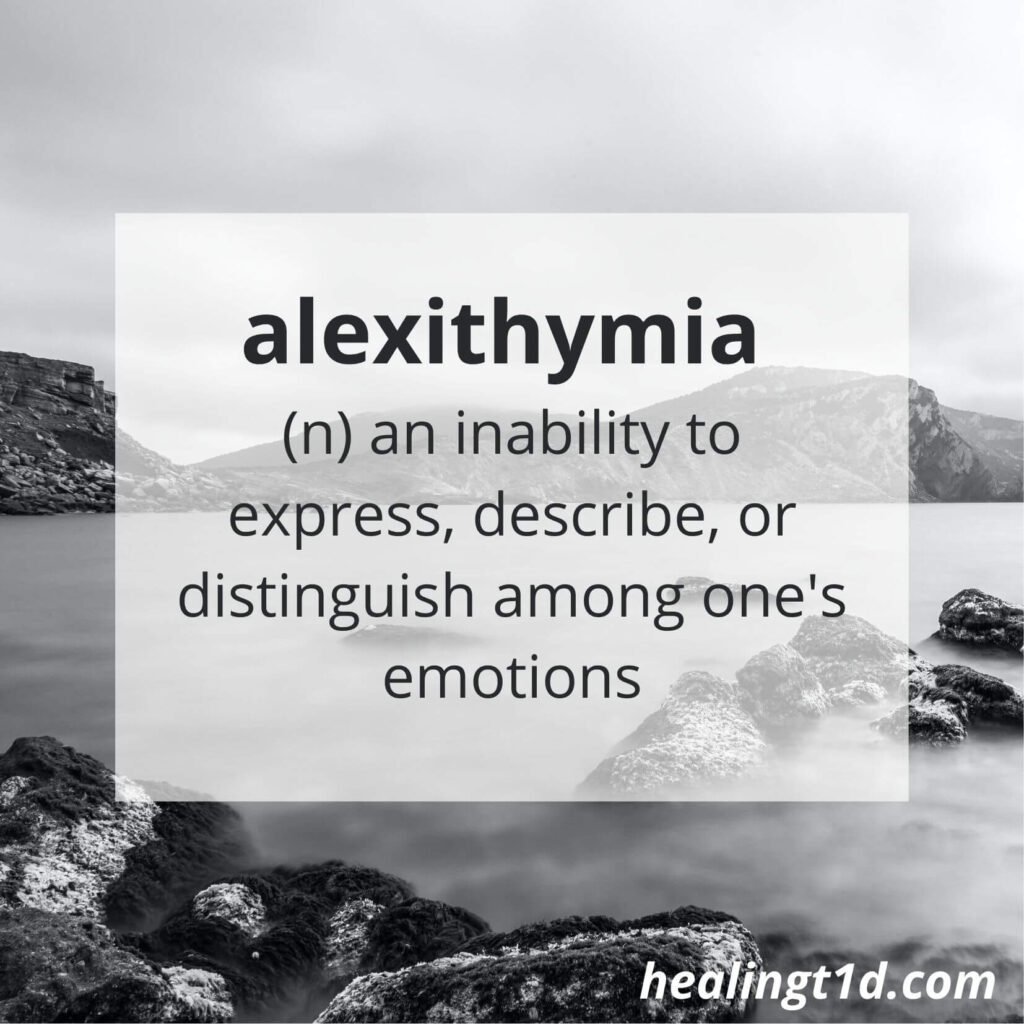





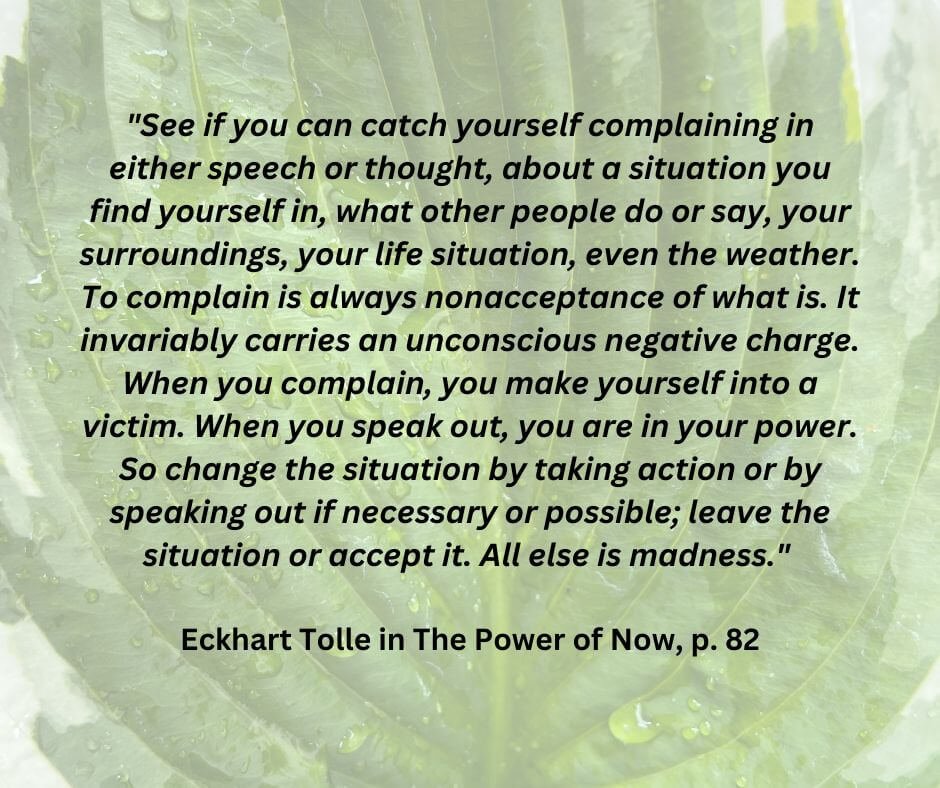










Recent Comments: